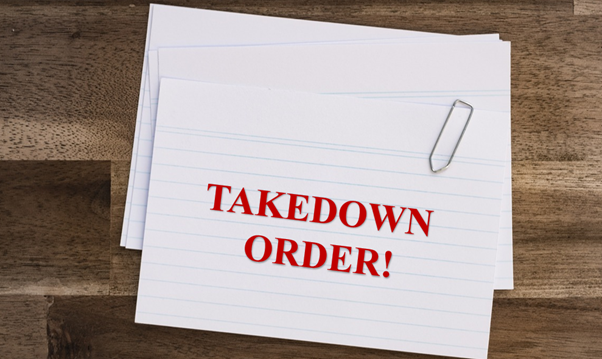The Centre has amended IT rules to restrict who can issue online content takedown orders, following its court battle with Elon Musk’s X.
BY PC Bureau
New Delhi, October23: Weeks after a courtroom clash with Elon Musk’s X (formerly Twitter) over content takedown powers, the Central government has amended key provisions of the Information Technology law to “enhance transparency, accountability, and safeguards.”
The amendments, notified late on Wednesday under the Information Technology (Intermediary Guidelines and Digital Media Ethics Code) Rules, 2021, come into force on November 15. They mark a significant tightening of oversight on who can issue content removal orders and how such directives must be justified.
Fewer Officials, Clearer Orders
One of the most notable changes is that only senior officers — not below the rank of Joint Secretary or Deputy Inspector General (DIG) of Police — will now be authorised to issue takedown or blocking orders.
Earlier, even police inspectors could issue such directives. The amendment also mandates that every order must include a “reasoned intimation” specifying:
- The legal basis and statutory provision invoked,
- The nature of the unlawful act, and
- The exact URL, identifier, or electronic location of the content to be removed.
Authorities must also hold a monthly review of all takedown orders to ensure they remain “necessary, proportionate, and consistent with law.”
Background: Court Rebuffs X’s Challenge
The move follows a Karnataka High Court ruling in September that dismissed X Corp’s plea challenging the government’s powers under Section 69A of the IT Act. The court upheld the Centre’s authority to block content, observing that “social media must be regulated,” especially in cases involving crimes against women, to protect citizens’ dignity under the Constitution.
X had earlier sued the government, calling its actions “unlawful regulation” and alleging censorship. The company said it was “deeply concerned” about what it described as a “secretive online portal called Sahyog” that allegedly allowed millions of police officers to issue content removal orders “without judicial review or due process.”
Now: MeitY has amended Rule 3(1)(d) of IT Rules 2021 to implement a review mechanism, define the seniority of officers who can send takedown notices, issue reasoned orders. Gazette notification to be uploaded tomorrow. To be brought into effect from November 1. pic.twitter.com/M0GGlyVaJK
— Aditi Agrawal (@Aditi_muses) October 22, 2025
‘Ensuring Balance and Proportionality’
In its statement, the Ministry of Electronics and Information Technology (MeitY) said the amendments “strengthen the framework of due diligence obligations” under the IT Act, 2000.
“The reforms ensure proportionality and uphold the principles of natural justice while reinforcing lawful restrictions,” the ministry said, adding that the changes “strike a balance between citizens’ constitutional rights and the State’s legitimate regulatory powers.”
A section titled “Expected Impact” in the official notification states that defining who can issue orders and mandating detailed reasoning will “introduce checks and balances” and “prevent arbitrary enforcement.”
READ: No Face-to-Face with Trump: Modi Goes Virtual for ASEAN Summit
Centre vs X: The Broader Tussle
The legal and regulatory battle between the Centre and X has intensified in recent months. The government has maintained that unlawful or illegal content cannot claim the same degree of constitutional protection as legitimate speech.
X, meanwhile, has accused the government of overreach, alleging that the current framework could be misused to suppress dissent and legitimate expression online.
As the new amendments take effect next month, they are expected to reshape how India’s digital intermediaries respond to government takedown requests — ushering in what officials call a more “transparent and accountable” era of online regulation.














